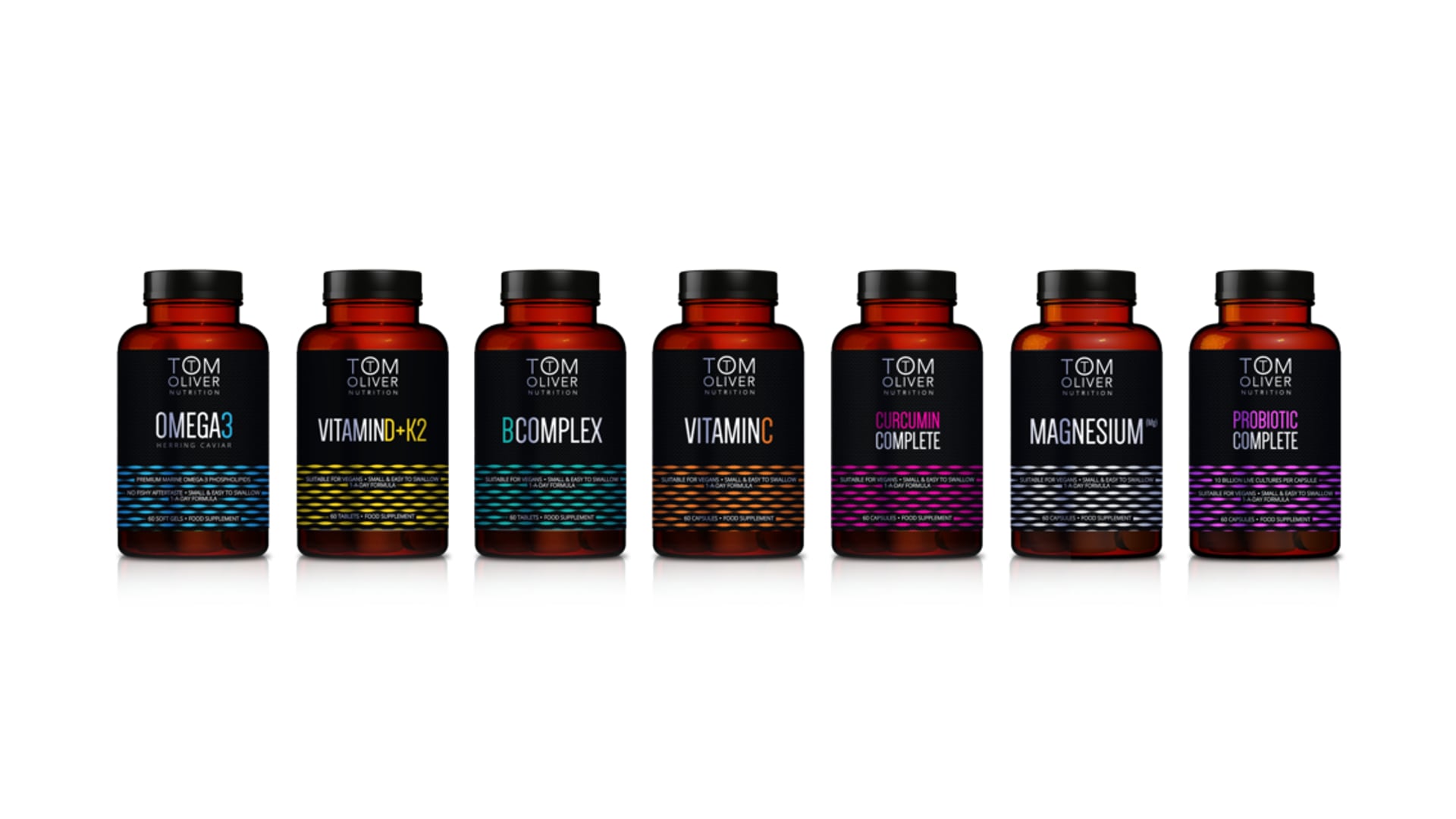The cardiovascular health benefits of omega-3 have been widely reported, but rarely in the context of protecting against exposure to fine particulate matter with an aerodynamic diameter of under 2.5mm (PM2.5) in highly polluted environments.
Researchers from Shanghai's Fudan University, Texas A&M University and Michigan State University conducted a randomised, double-blinded, placebo-controlled trial to determine if dietary fish oil supplementation could protect cardiovascular health against PM2.5 exposure.
Protection against pollution
They recruited 65 healthy college students in Shanghai and randomly assigned them to either a placebo or intervention group.
From September 2017 to January 2018, those in the intervention group each received dietary fish oil supplementation of 2.5g daily, in the form of two 1.25g capsules containing 60% omega-3 fatty acids (36% EPA and 24% DHA).
Those in the placebo group each received two capsules identical in appearance and dosage, containing sunflower seed oil (57.6% linoleic acid, 16% oleic acid and 14.4% palmitic acid). All participants underwent four rounds of health examinations during the last two months of treatment.
The researchers measured fixed-site PM2.5 concentrations in real time on campus, as well as blood pressure and 18 biomarkers of systematic inflammation, coagulation, endothelial function, oxidative stress, antioxidant activity, cardio-metabolism, and neuro-endocrine stress response.
They then assessed the acute effects of PM2.5 on these outcomes within each group using linear mixed-effect models.
Overall, in the placebo group, most biomarkers of cardiovascular health tended to significantly and negatively respond to PM2.5 fluctuations during the study period; however, in the fish-oil group, the associations became much weaker and statistically insignificant.
For example, when it came to inflammation, there was a significant difference in the biomarker interleukin-6 between the two groups.
Similar observations were also made for 2 biomarkers of coagulation, with vWF and fibrinogen both associated with PM2.5 level only in the placebo group, and not in the fish-oil group.
And the pattern was epeated in terms of oxidative stress, endothelial function and stress hormone biomarkers.
The researchers attributed these benefits to multiple mechanisms, saying that omega-3 fatty acids could act as "eicosanoid substrates to inhibit arachidonic acid (ARA) metabolism, deriving potent anti-inflammatory mediators, suppressing the expression of inflammatory genes and inhibiting platelet aggregation and fibrinolysis".
They added that mechanistically, omega-3 fatty acids could inhibit the recruitment of two types of white blood cells (monocytes and neutrophils) to the endothelium by influencing the formation of new blood vessels, as well as endothelial proliferation.
Strengths and weaknesses
The researchers said the RCT design of the study allowed for direct causal interference, thanks to their recruitment healthy college students to ensure relative homogeneity in study participation, treatment adherence, and population characteristics.
In addition, the study was conducted in a free-living population over a reasonably long period, instead of an exposure-controlled environment. This meant the findings were could be more easily generalised to real-world situations.
The researchers had also analysed a wide variety of biomarkers considered mechanistic markers that could mediate cardiovascular risk from high PM2.5 exposure, which allowed them to "comprehensively assess the potential benefits of omega-3 fatty acid supplementation against PM2.5-induced cardiovascular risks and relevant biological mechanisms".
However, they also lacked personal data on PM2.5 exposures, and had to estimate the exposures based on an outdoor monitor located on campus. Still, they said that in previous longitudinal studies, fixed-site monitoring data had been found to be a 'good surrogate' for personal PM2.5 exposure.
They had also conducted the study among healthy college students, who were likely less susceptible than at-risk populations to the adverse effects of PM2.5, and conversely, to the effects of omega-3 supplementation.
As such, they chose to focus on sub-clinical biomarkers of heart health instead of direct functional or clinical measures, such as heart rate variability and flow-mediated dilatation.
They added that in future, similar studies should target more susceptible populations, and use more 'clinically meaningful' measures.
Furthermore, despite using a food frequency questionnaire to record the profile of the participants' routine dietary nutrient intake, they could not exclude the confounding effects of the daily intake of dietary omega-3 and other nutrients.
However, they also wrote that the potential confounders might not be 'substantial', since the adjustment of the participants' estimated daily dietary intakes had not changed the results significantly.
In conclusion, the researchers wrote: "This interventional study suggests that dietary omega-3 fatty acid supplementation may have short-term benefits in mitigating potential adverse cardiovascular effects in response to higher levels of PM2.5.
"In areas with relatively heavy air pollution, supplementation with omega-3 fatty acids may represent a simple and effective way to protect cardiovascular health against hazardous exposure to ambient PM."
Source: Journal of the American College of Cardiology
https://doi.org/10.1016/j.jacc.2018.12.093
"Cardiovascular Benefits of Fish-Oil Supplementation Against Fine Particulate Air Pollution in China"
Authors: Zhijing Lin, et al.



